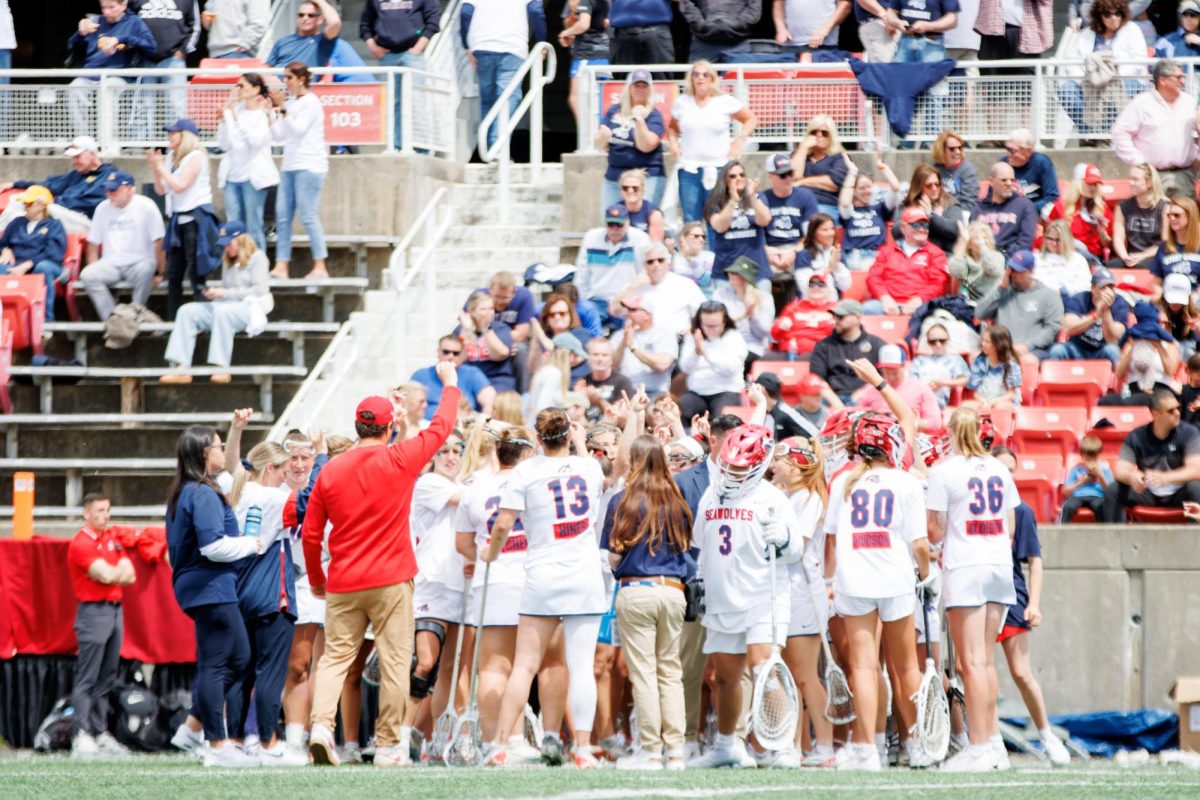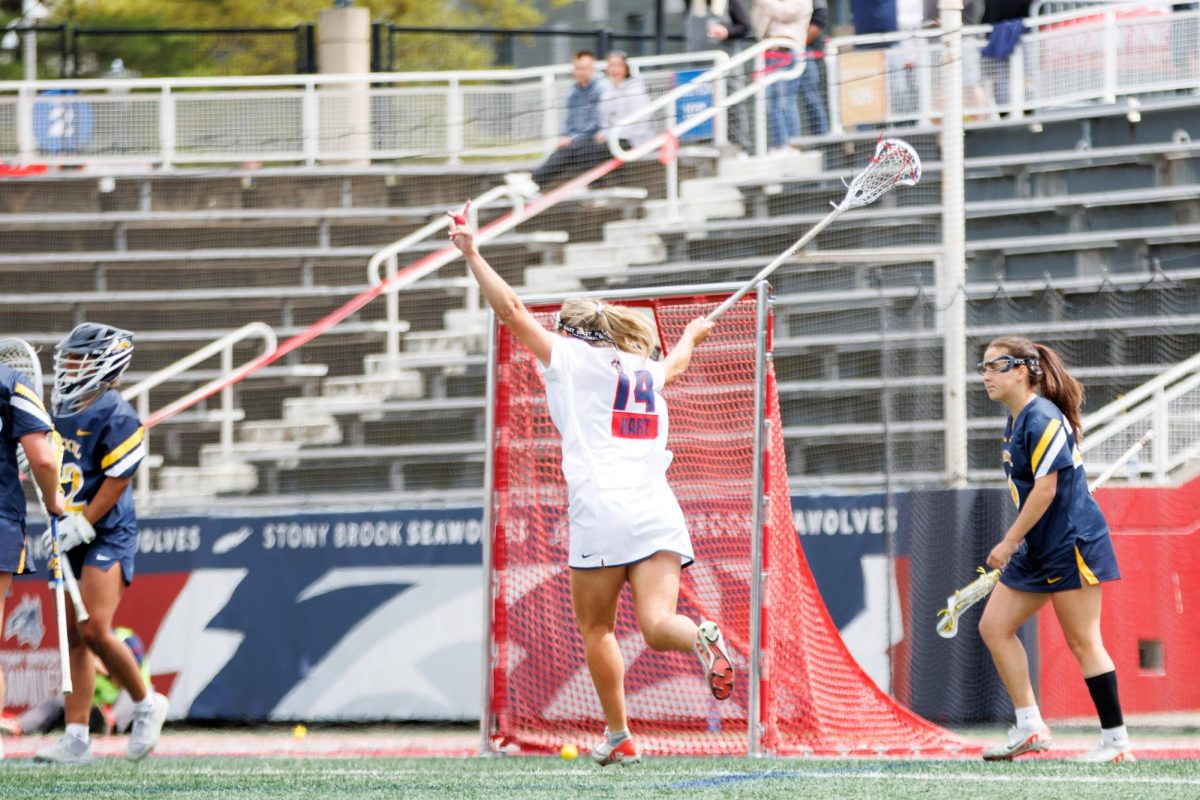
Every Wednesday morning, some staff, administrators, and faculty can be seen participating in a class of their own designed to make sure that students get the best academic advising they can.
The class is called the Academic Advising Certificate Program and it instructs its pupils on varying topics each week.
Richard Gatteau, director of academic advising, created the program to make sure that advising was consistent across every department on campus.
“The system at Stony Brook, while we have a centralized academic and pre-professional advising center, we also have several other decentralized parts and units,” said Gatteau. “And so one of the concerns that I’ve had since I started here in 2002 was to make sure that all advisers had baseline knowledge and information.”
The program allows for 25 people to enroll each semester. At the end of the course, each person receives a certificate from the academic advising office. The topics that each class covers vary from curriculum requirements and degree progress reports to advising from a multicultural perspective.
“I learned more about transferable skills that they [students] can use in may occupations,” said Linda Sookhoo, a social work intern taking the class. “There was a questionnaire that we had to fill out and it stated what we’re interested in and the type of person we are and how we can use those skills in many different occupations. “
One class was on the “undecided student,” or someone who has not chosen a major yet. Guest lecturers Ellen Hopkins and Jacqueline Donnelly, both academic advisers, taught this specific class.
“It’s a really interesting topic to me personally because of my own life experiences,” said Hopkins. “Also we see a lot of students who don’t know what they want to initially and they have to make some abrupt changes.
During the class, Hopkins and Donnelly spoke about how to deal with students who have different goals than their parents. Some of the problems that students may run into in this scenario include not enjoying the classes their parents want them to take or performing badly in them. Donnelly and Hopkins recommended speaking to the student one-on-one to figure out what might not be working before potentially having a joint meeting with the parents.
The course has participants from many different departments on campus, such as financial aid and the registrar. Faculty; however, do not seem to be interested.
Gatteau said that even though very few faculty members have participated, he has options to entice them to do so.
“We put it out there to all faculty and staff members as well that if anybody just wants to come in for a week or two they have the option to do that,” said Gatteau, citing that faculty may not have the time to commit to the program.
Richard Laskowski, a business professor, said that he had never heard of the program, but probably would not participate anyway.
“Someone would have to convince me it be really worthwhile and make me a better adviser, and I guess the only way to do that is if I took part in it and went,” said Laskowski. “Honestly I probably would not spend the time in it anyways.”






